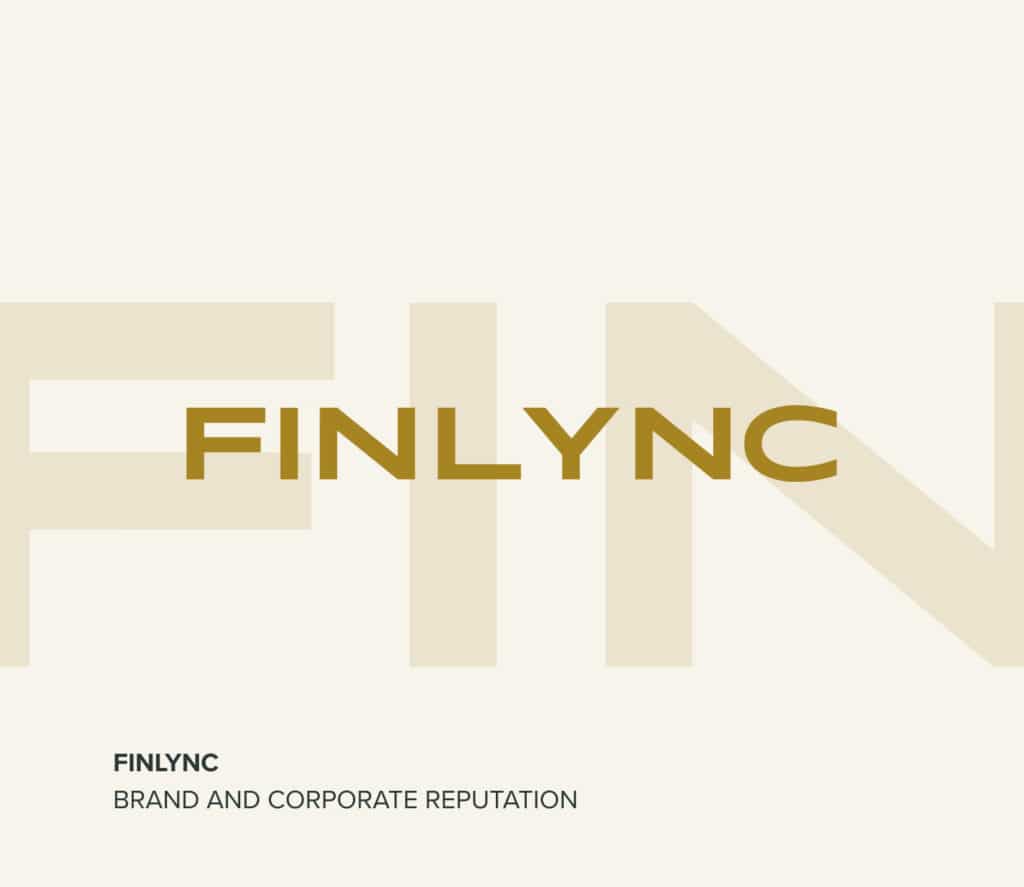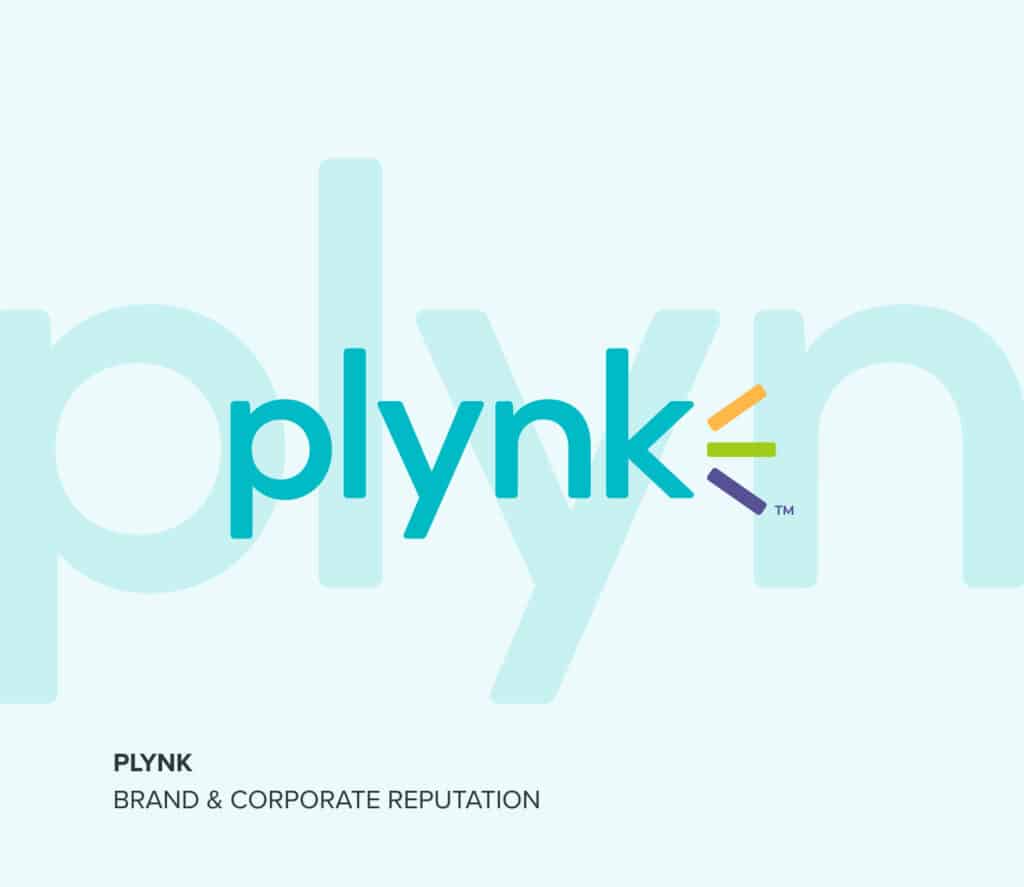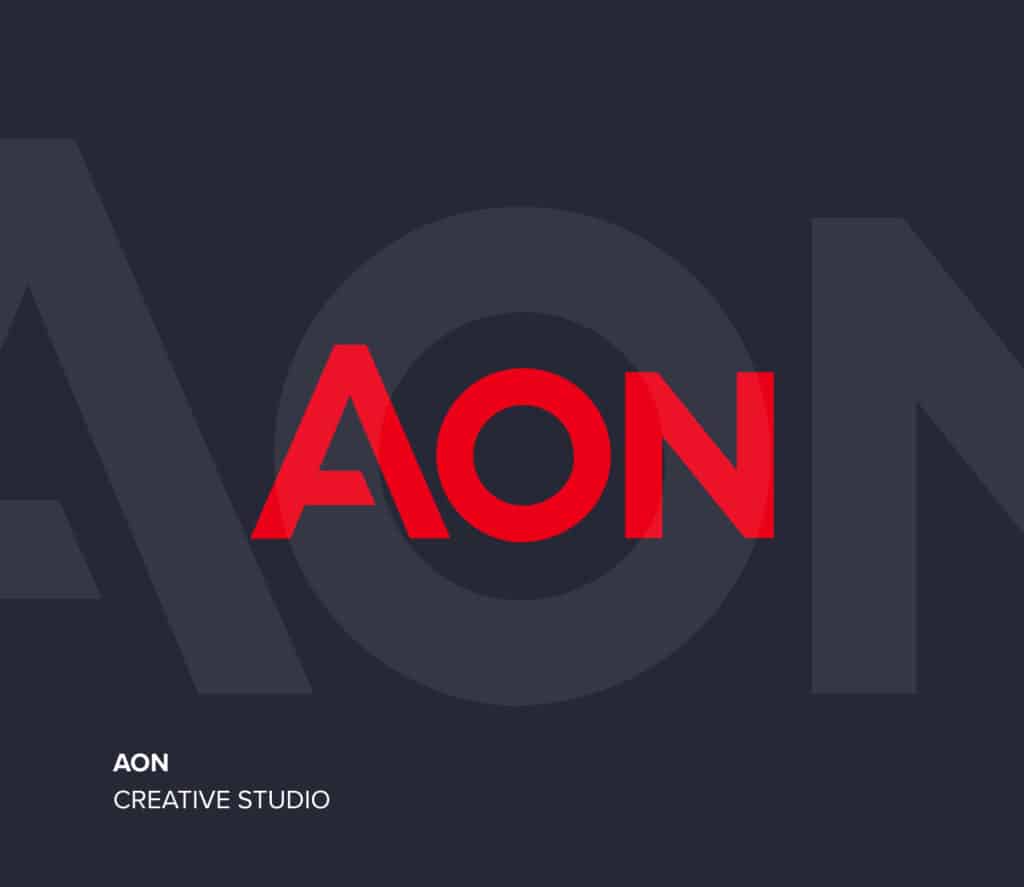Looming bad debt, a nonprofit funding crisis and data driven recession tracking
Bad debt bundles: Concerns of a prolonged recession might not be the only crisis on the horizon. While the financial crash of 2008 was caused by subprime-CDO losses, we may be facing a different kind of financial collapse spurred by banks’ shift to similarly risky collateralized loan obligations (CLOs) which are essentially bundled subprime corporate debts.
There is currently more than $1 trillion worth of leveraged outstanding CLOs, which far surpasses the CDO market share of the early 2000s. The Financial Stability Board estimated that the top 30 global leaders in the banking sector average 60 percent invested in leveraged loans and CLOs. “If the leveraged-loan market imploded, their liabilities could quickly become greater than their assets,” warns The Atlantic
Innovative data collection: While economists in the U.K. are awaiting official growth figures to be published Wednesday, predictions are pointing towards a second consecutive quarter declining GDP rates as the official mark of a recession in the country. Meanwhile, the Bank of England is using other indicators to determine the state of the economy in real time. According to The Guardian, the Bank is able to use a vast array of information to prove the first “big-data recession” in real time, including internet searches, road traffic patterns, pollution levels and credit card usage.
Universal traction for UBI: Universal basic income (UBI) continues to gain traction and make headlines as skyrocketing unemployment rates due to COVID-19 has caused a shift in public perception in the program. The Economist reports that in April 88% of liberals and 45% of conservatives supported the idea of UBI. More than a dozen cities across the country launched Mayors for a Guaranteed Income in May, which has resulted in UBI pilot programs being experimented with in each respective city. However, despite the increased support, the experiments remain problematic in that a successfully rolled out program would cost more annually than the Social Security, Medicare and Medicaid program budgets combined.
Funding relief: The coronavirus pandemic has generated more than $13 billion in donations to related relief funds and to medical and vaccine research. But this has put a strain on other nonprofits and charities like the American Cancer Society which estimates their fundraising revenue to not even reach half of their 2020 goal. Traditionally successful events like gala dinners, auctions and charity walks have been forced to pivot to a virtual alternative, many of which have not been equivocal in generated funds claims The Wall Street Journal. Fundraising during COVID-19 has proven difficult for even the largest and most sophisticated nonprofit organizations, and has placed a devastating burden on smaller charities which are already faced with decreased funding and increased demand from the communities they support.


